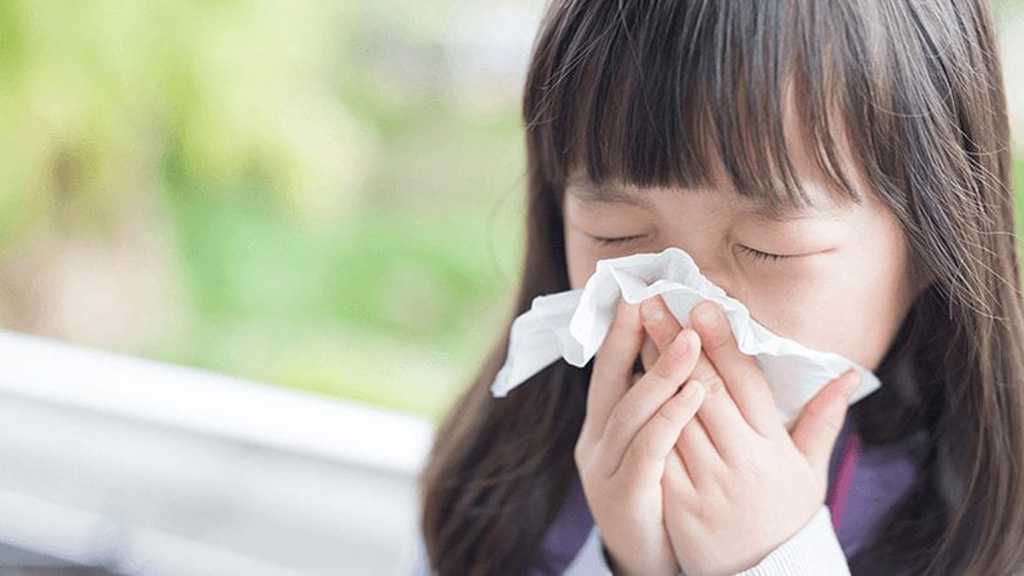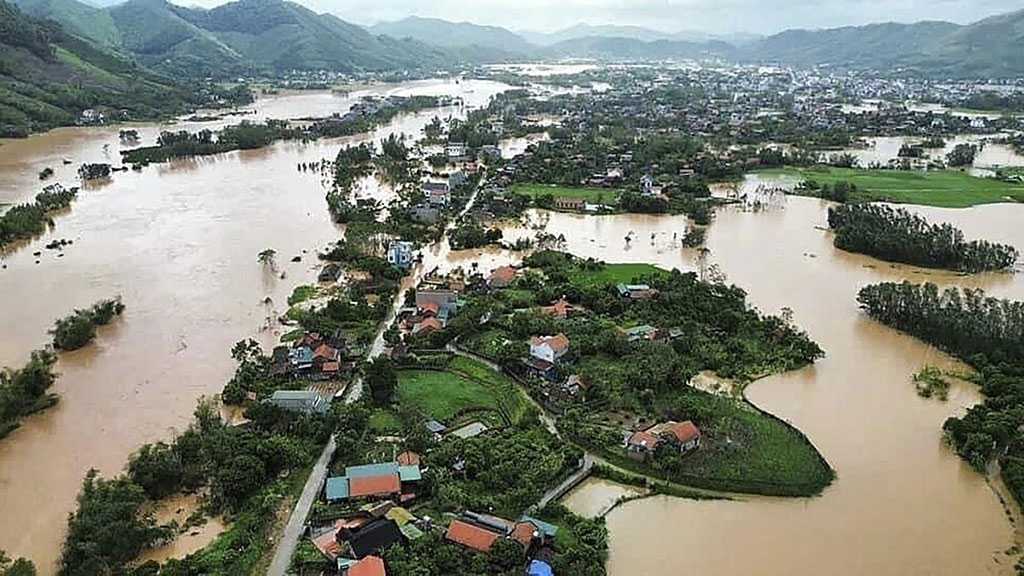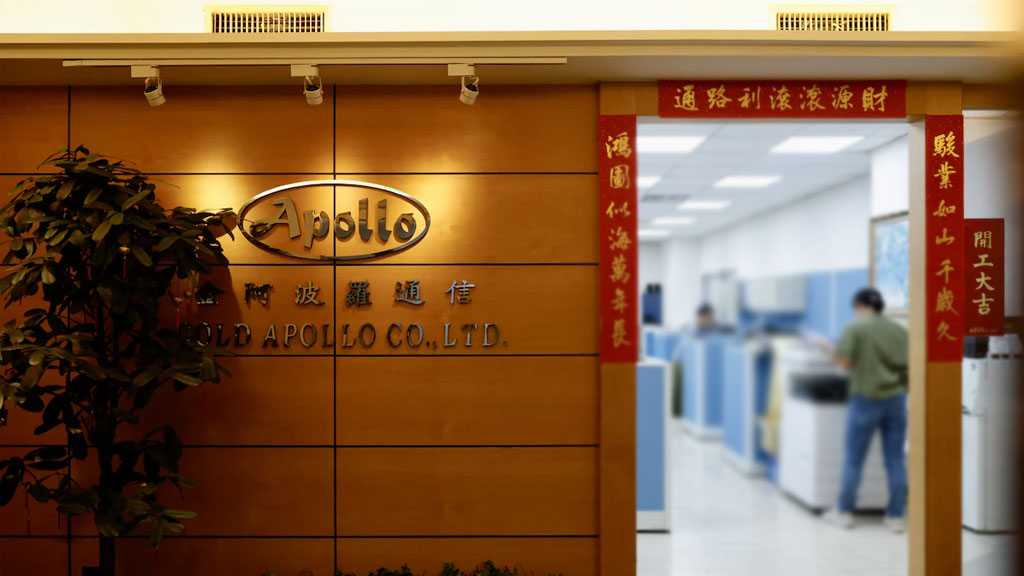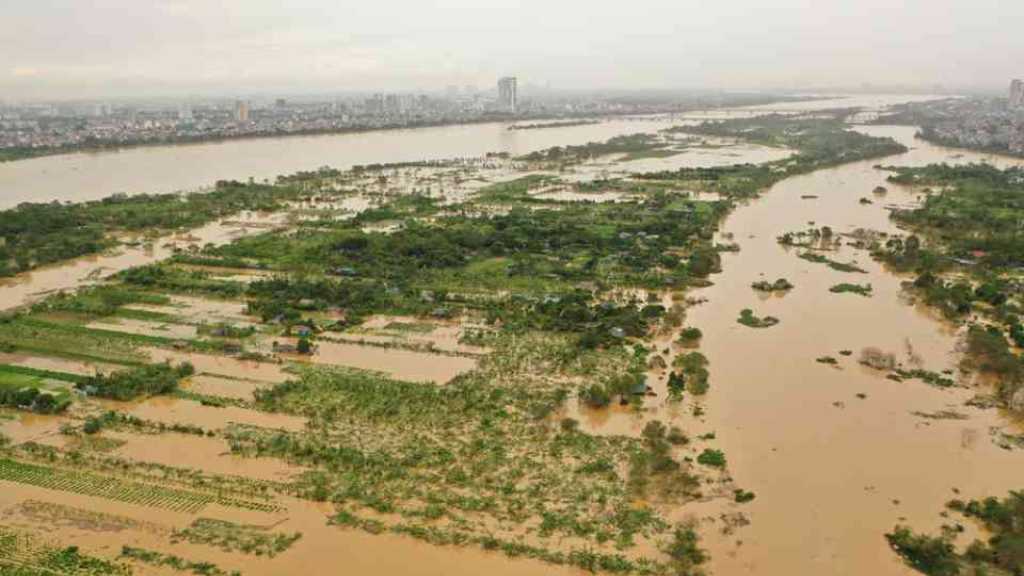
Japan Declares War on Pollen as Hay Fever Epidemic Grips the Nation

By Staff, Agencies
Japan’s prime minister, Fumio Kishida, has vowed to fight the scourge of hay fever, calling the pollen allergy a health issue that requires urgent government action.
As pollen levels in Tokyo surged to their highest in a decade, Kishida told a parliamentary committee this week that hay fever had become a “social problem,” adding that he would work with ministers to devise a response. “We want to get results,” he said, according to local media.
His comments came in response to a question from an MP from the ruling Liberal Democratic party who described the allergy as a “national disease”, and suggested that Kishida would “go down in history” if he eradicated it.
About 40% of Japanese are said to experience hay fever symptoms – including itchy, watery eyes and sneezing – as soon as the country’s huge population of cedar and cypress trees begin shedding their pollen at the start of the year.
The latest outbreak partly explains why so many people continue to wear masks outside, despite the recent lifting of government guidelines advising people to wear face coverings to prevent the spread of COVID-19.
The prevalence of hay fever in Japan is blamed on a postwar reforestation program, during which trees were planted at a rapid rate to help the country’s construction industry.
When the price of imported building materials dropped in the 1970s and 80s, Japanese forests were left to grow in density – and unleash misery in the form of pollen.
This year’s pollen season has sparked a rush on antihistamine and other products – from nasal sprays to protective glasses – with some shops reporting a doubling in sales compared with the first three months of 2022.
Intage, a marketing research and analysis firm, said sales of treatments such as anti-inflammatory nasal sprays more than doubled in the week from 27 February, while those of anti-allergy eyedrops rose 233%, the Japan Times reported.
Warmer-the-usual temperatures have only made matters worse for sufferers, with the release of pollen in some areas starting up to two weeks earlier than last year, according to the Japan Weather Association.
The environment ministry warned recently that Tokyo and 11 other prefectures would see their highest cedar pollen counts for 10 years, prompting some companies to provide “hay fever allowances” to employees to spend on prescription treatments and clinic visits.
In a 2020 study of Japanese hay fever sufferers, about 80% said the symptoms made them less productive.
Kishida’s plan is expected to include more logging and replanting forests with trees that shed less pollen, as well as promoting a type of rice that is said to alleviate hay fever symptoms, the Mainichi Shimbun said.
For the time being, however, many sufferers will have little choice but to continue covering up and stockpiling medication.
“The amount of pollen is so high this year that [mask-wearing] is unlikely to end for some time,” a spokesperson for Unicharm, Japan’s biggest manufacturer of disposable masks, told the Yomiuri Shimbun.
Comments
- Related News

Typhoon Yagi: More than 140 Dead in Vietnam
2 months ago

